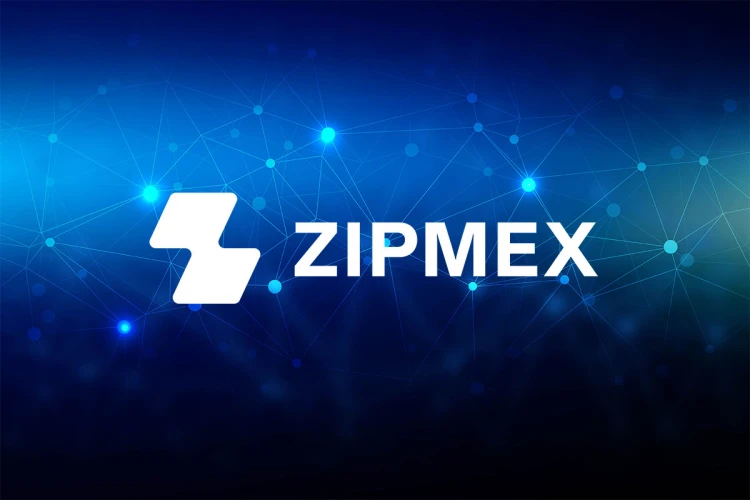Thailand’s 2025 Crypto Tax Landscape: A Legal Framework Meets Real-World Behavior
Tax on Crypto in Thailand: The Thai crypto market has continued to evolve rapidly in 2025. While regulators have maintained a clear stance on taxation since 2022, there’s now a visible shift in how both the government and individual traders are responding. New reporting mechanisms, exchange compliance policies, and enforcement signals are reshaping the crypto-tax dynamic—whether traders are ready or not.

2025 Tax Policy: No New Laws, But More Enforcement
The legal framework remains largely unchanged from the last few years. Crypto income is still taxable under Thailand’s Revenue Code, and the two main categories apply:
- Capital Gains Tax — Any profit from selling crypto for more than its purchase price is taxable as personal income.
- 15% Withholding Tax — Applies to earnings from some foreign-based platforms or services, though enforcement here remains inconsistent.
But what’s changed in 2025 isn’t the law—it’s how the law is applied. Authorities are tightening oversight, particularly by working closely with Thai-based exchanges.

Trend of Tax on Crypto in Thailand: Exchanges Are Becoming Gatekeepers
A growing trend in 2025 is the government’s reliance on exchanges as data sources. Thai platforms like Bitkub, Zipmex, and Binance TH are now expected to report user activity when requested.
This trend aligns with global practices. Regulators are moving toward “indirect enforcement” by requiring platforms to share transaction data, flag large accounts, and alert on suspicious activity. The goal? Reduce reliance on self-reporting, which has historically been weak.
If you’re using a local, licensed exchange, your activity is increasingly on the radar. If you’re using MetaMask or foreign DEXs, your privacy window is closing—but hasn’t fully shut yet.

Credit from : Money and Banking
Trend: Uncertainty Around What Counts as “Taxable” Still Exists
Another trend in 2025 is confusion. Even as enforcement tightens, many traders still don’t fully understand what counts as taxable. Key categories that continue to create debate include:
- Token swaps (crypto-to-crypto)
- NFT sales
- Staking and airdrop rewards
While the Revenue Department maintains that all of these can be taxable, there’s still no consistent auditing mechanism for decentralized activity. This gray zone fuels both underreporting and inconsistent behavior among Thai crypto users.

Credit from : Token Metrics
Trend: Exemptions Exist—but Aren’t Always Clear
Thailand did introduce a partial exemption for trades executed on licensed local exchanges, waiving the 15% withholding tax in some cases. But this doesn’t mean crypto income is tax-free—personal income tax still applies.
A few traders are now exploring ways to structure their activity through companies to reduce liability, especially if they earn high-volume staking income. But for most casual or mid-level traders, the rules remain murky and the exemptions limited.
Behavioral Shift: From Avoidance to Hesitation
In previous years, the unspoken trend was simple: many Thai traders just didn’t report gains at all. But in 2025, that trend is shifting. Banks are beginning to flag large crypto-to-fiat transfers, especially when inflows don’t align with declared income.
As a result, some traders are starting to get nervous. While not everyone is fully compliant yet, more Thais are starting to ask questions, consult professionals, or at least explore legal options—signaling a shift from full-blown avoidance to cautious hesitation.

Credit from : Help University
What the Trends Say About the Future
Taken together, these trends suggest that Thailand is on a slow but steady path toward tighter tax compliance. While the system still has loopholes—especially for decentralized activity—2025 is clearly a turning point. The government is not just focused on new laws, but on enforcing the ones it already has.
Whether enforcement will reach smaller wallets anytime soon remains unclear. But the writing is on the wall: for serious traders or anyone cashing out significant profits, ignoring tax obligations is becoming riskier by the year.
Conclusion: Crypto Tax Compliance in Thailand—From Optional to Inevitable?
Crypto taxation in Thailand is no longer a theoretical topic—it’s a real, growing concern. With exchanges under pressure to report, banks scrutinizing crypto inflows, and gray zones still unresolved, 2025 reveals one thing clearly: the era of casual tax evasion is fading.
If you’re unsure about your obligations, now is the time to understand them—before regulators understand you better.



